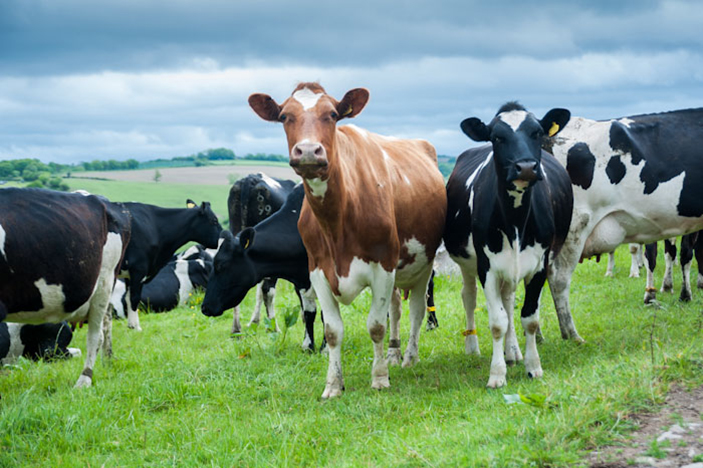Organic dairy set to grow more than 50 per cent globally by 2023

The global organic dairy market is set to grow more than 50 per cent to reach US$28bn within four years as new uses for organic dairy ingredients are found.
That is according to the 2019 Global Organic Dairy Market Report, which has been released by three major players in the sector, Omsco, and its international partners, Organic Valley and Eko Holland.
Currently worth US$18bn, the report reveals that the sector is growing rapidly and creating new opportunities in the UK and globally, finding that further growth will depend on how the sector dials up its relevance with consumers, particularly in the face of stiff competition. It continued that innovation in the market and product diversification presents the greatest opportunities globally.
Commenting on the report, Richard Hampton, Managing Director of Omsco, explained: “Worldwide consumption, distribution and market reach of organic dairy is increasing, and now represents 20 per cent of all organic food and drink sales globally. The organic dairy market in the UK specifically has also grown 3.1 per cent year-on-year, and we’ve seen a 10 per cent increase in the number of households who purchased organic milk since 2017.”
However, although the global liquid milk market is performing well, equating to 24 per cent of all organic dairy sales, Hampton added that the primary driver of future growth is expected to be new markets and emerging product categories, such as cheese and specialist organic dairy ingredients. It identified the ongoing challenge to harness these opportunities is to build a global supply chain necessary to produce a high quality and sustainable source of organic products.
“Historically, traditional dairy products such as liquid milk and yoghurt in Western markets have dominated sales,” he explained. “However, although market penetration levels remain relatively low, growth has slowed as these markets have matured, while growth in added value categories such as cheese, infant formula and sports nutrition products has accelerated, particularly in emerging markets, such as the East.”
In terms of the areas that are strong, organic infant formula and organic cheese are expected to grow significantly over the next five to seven years, at 12.1 per cent and 14 per cent compound annual growth rate (CAGR) respectively.
And Brexit was raised, with Hampton revealing that contingency plans have been put in place in the event of a no deal scenario.
“The UK is already a net exporter of organic dairy products, in stark contrast to the overall UK dairy sector, which is the third largest net importer in the world. With no clear outcome in place for Brexit, the extent to which the UK can participate in this growth potential is unclear, and a no-deal Brexit will deliver what amounts to an export ban for organic products to the EU, as UK organic standards will no longer be recognised,” he explained.
Importantly, Hampton added that recent conversion of new producers into the organic sector means the UK has enough milk to sustain forecasted growth in the coming few years.
“Organic dairy is a thriving part of the global organic food and drink market and the overall dairy sector, but innovation in market and product diversification will ultimately lead to the greatest opportunities globally. For the UK, how Brexit unfolds over the coming months will ultimately determine the speed at which Omsco can continue to capitalise on these opportunities.”

 Organic & Natural Business magazine
Organic & Natural Business magazine
